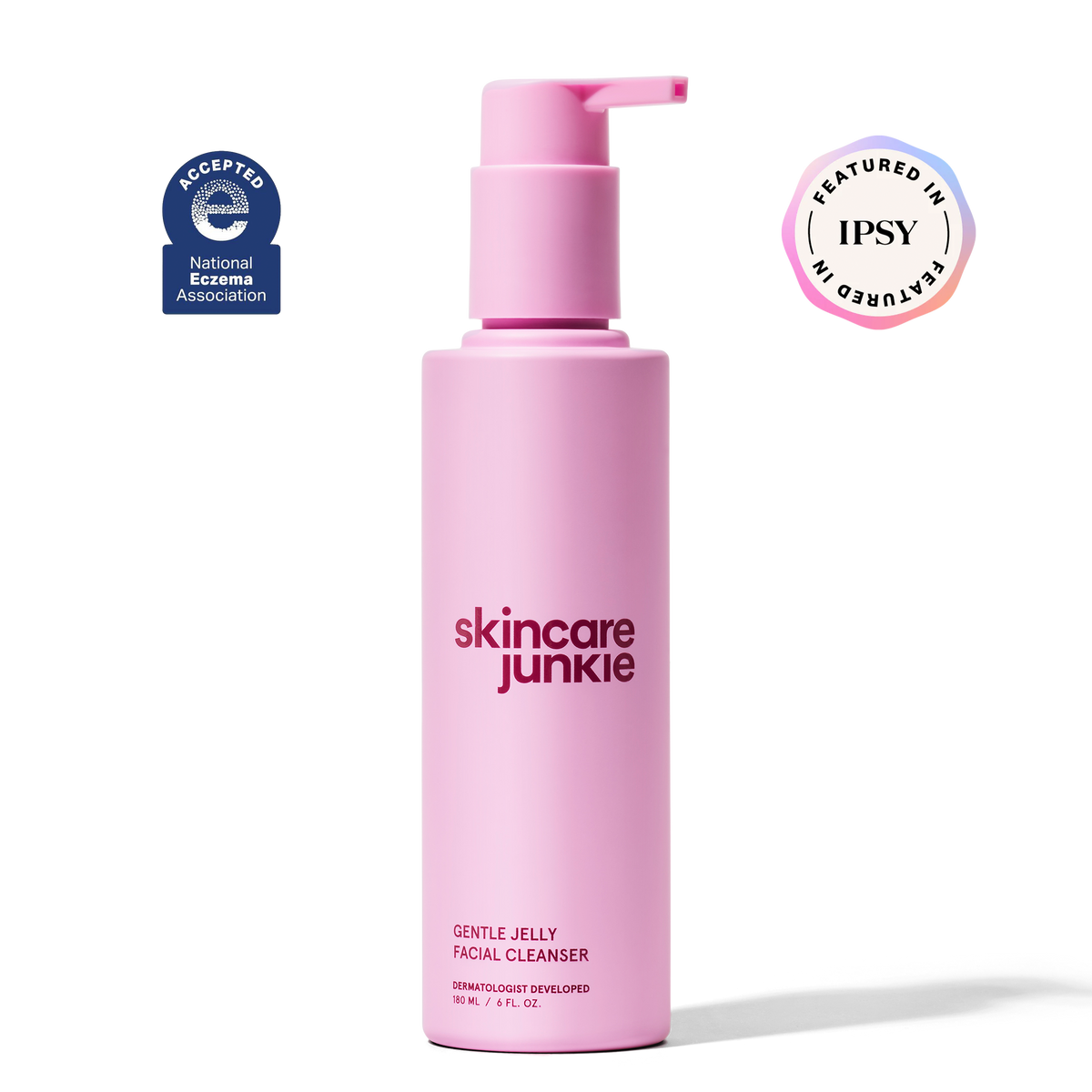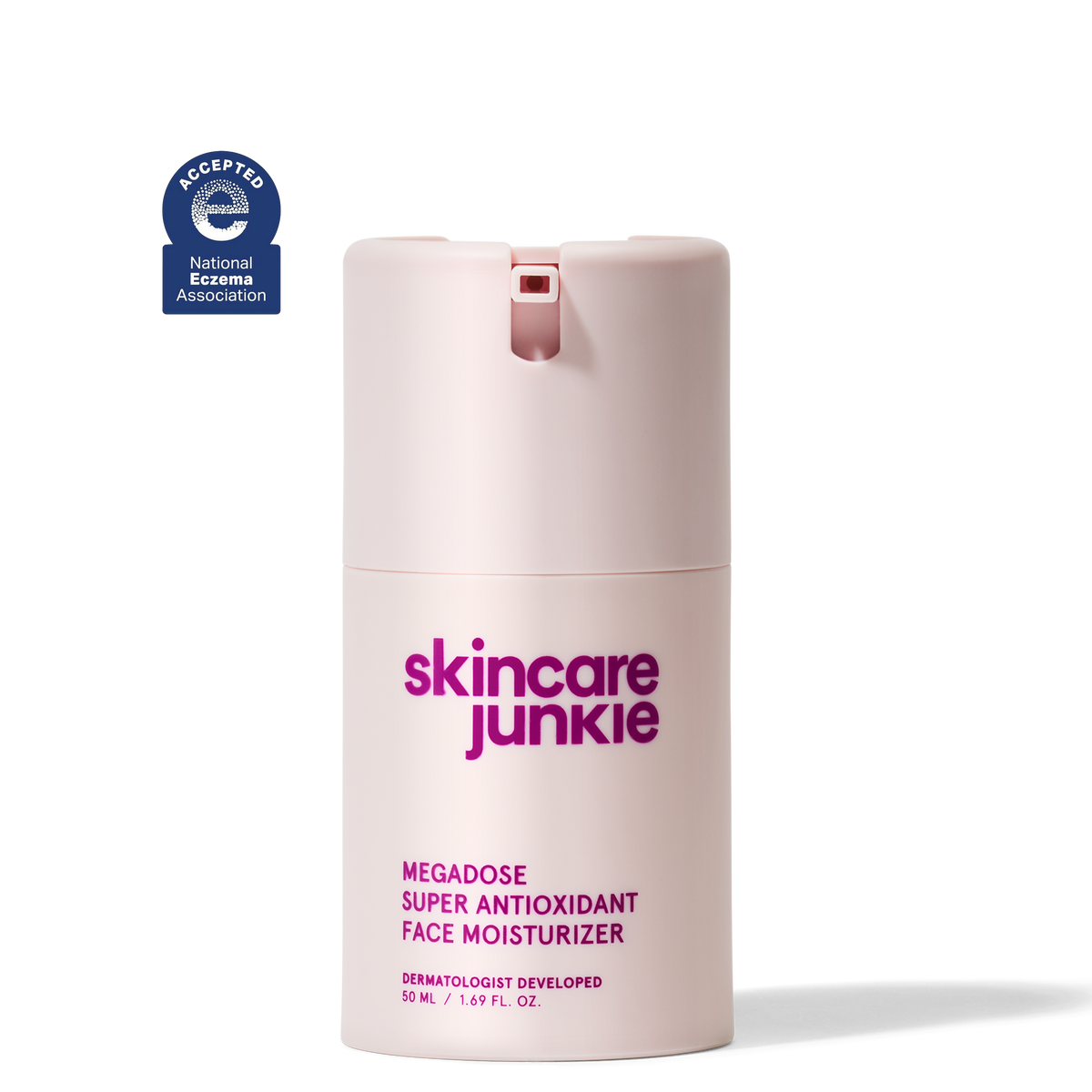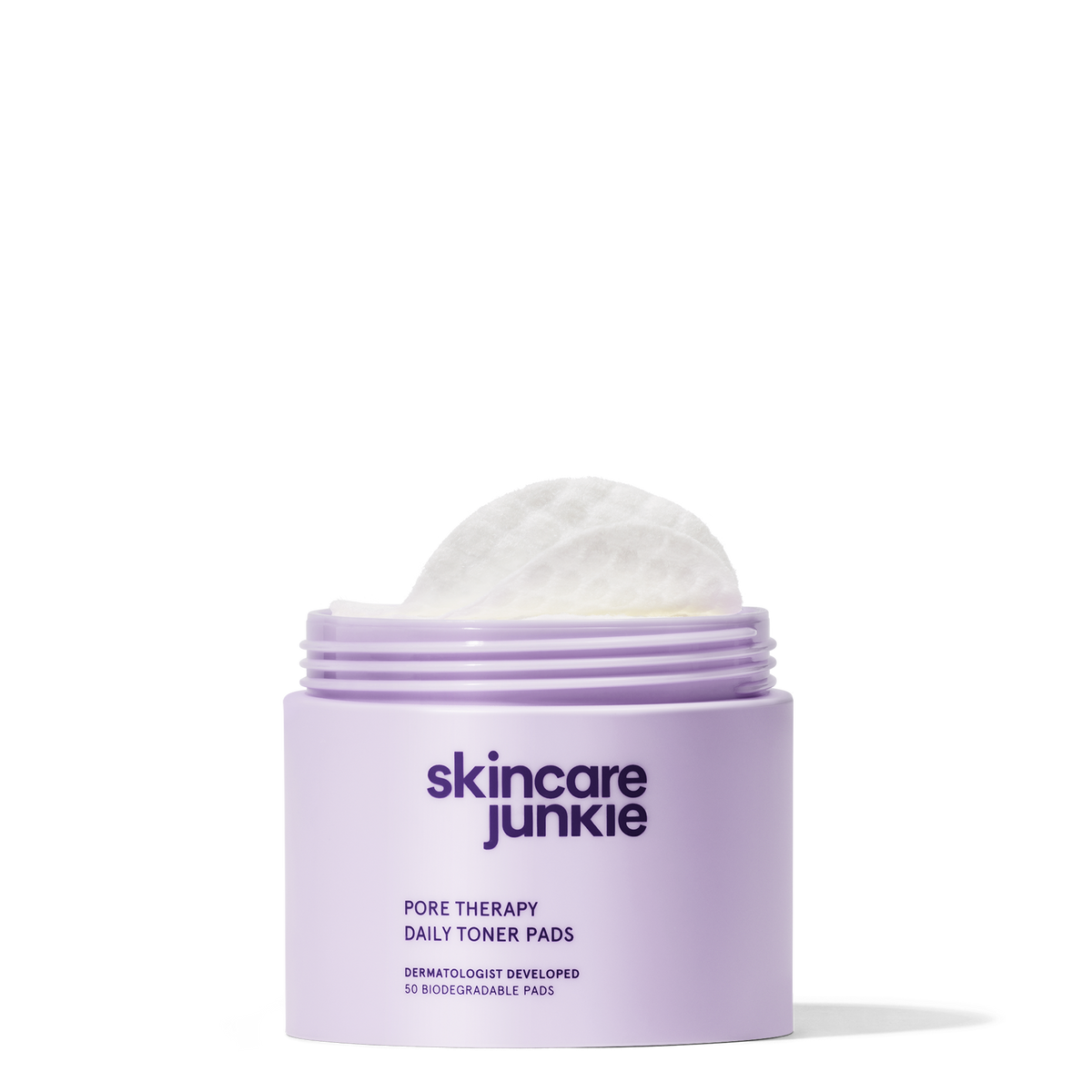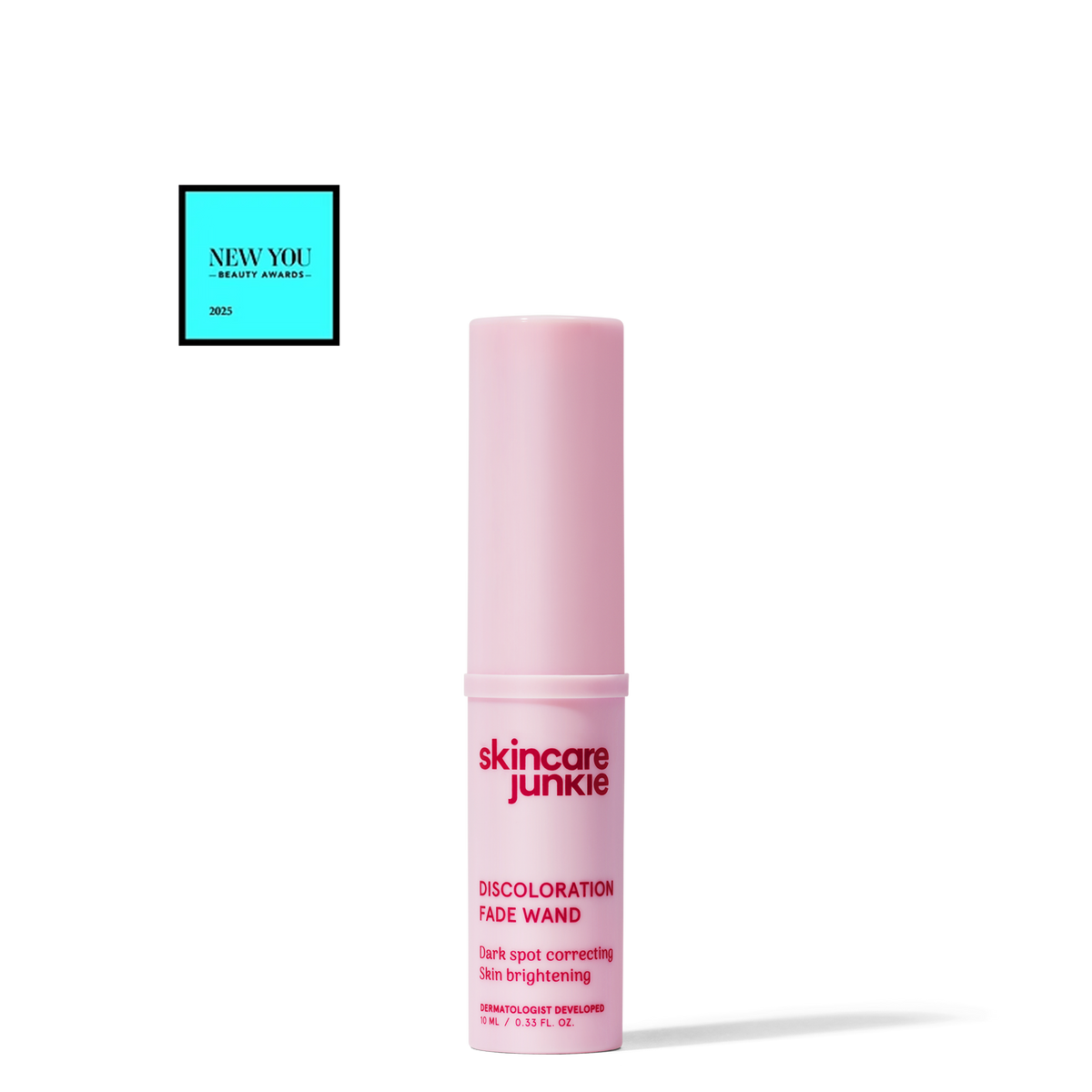You heard about inflammation and that it’s not good for your health. But do you know about inflammaging? A group of scientists studying aging introduced the concept of long-term inflammation leading to premature or faster aging. Inflammaging is asymptomatic, meaning you would not know it’s going on. Could it be undermining your skincare goals in the background? Let’s find out more.
Inflammaging You Say?
What is inflammaging? It’s a scientific term first coined in 2000 by Professor Claudio Franceschi. Inflammaging describes a chronic, underlying, low-grade inflammation that accelerates the aging process, particularly visible in our skin. Triggered by external and internal stressors, inflammaging may cause tissue damage and has been associated with systemic diseases including diabetes and Alzheimer’s.
With skin, inflammaging combines intrinsic, physiological aging due to lifestyle choices like diet, sleep, or stress; and external aging due to environmental stressors, predominantly UV radiation (known as photoaging) and pollution. Inflammaging manifests in redness, wrinkles, collagen loss, hyperpigmentation, and skin diseases, such as eczema or rosacea.
Typical inflammation, for example, in case of a sunburn or injury, is our body’s healthy defense mechanism. However, inflammaging is persistent, subtle inflammation that works quietly at the cellular level, contributing to the breakdown of skin elasticity, the formation of wrinkles, and changes in skin texture and tone.

What Are the Risk Factors?
Inflammaging can affect anyone, regardless of skin type or age. Certain factors raise the risk. Genetic factors and underlying skin conditions play a role. So do the lifestyle factors. If you live in an urban or high-pollution area, spend a lot of time in the sun without protection, smoke, drink alcohol in excess, overeat processed foods and sugar, are regularly stressed, or have problems sleeping, you may be more susceptible to the effects of inflammaging.
In contrast, those living in the so-called Blue Zones — areas of the world known for their high concentration of centenarians and exceptionally long life expectancies, or following a similar lifestyle, are less likely to be at risk. Blue Zones are known for healthy diets, exercising, adequate sleep, the sense of purpose and community.
How to Prevent Inflammaging?
Your skin's health is a reflection of your overall well-being. A holistic approach to inflammaging means taking good care of and nurturing your body, mind, and soul. Dermatologists recommend a number of things that you can do to prevent inflammaging.
1. Lifestyle Changes
Chronic stress, inadequate sleep, and lack of exercise can lead to inflammaging. Learn stress management techniques such as yoga or meditation, and prioritize getting those precious seven to eight hours of sleep each night. Your skin, like the rest of your body, heals and rejuvenates while you rest. At the same time, stay active and incorporate regular exercise into your weekly routine.

Avoiding pro-inflammatory factors — reducing exposure to environmental pollutants, tobacco smoke, excessive alcohol consumption, and ultraviolet radiation, can decrease inflammation triggers in the body.
2. Diet and Nutrition
You are what you eat, and your skin reflects that. Learn which foods are anti-inflammatory (for example, berries, nuts, leafy greens, and fatty fish) and include them in your diet. Incorporate antioxidants (“eat the rainbow”), herbs and spices, such as cinnamon and turmeric. These nutritional powerhouses can help calm inflammation from the inside out, supporting your skin's health and resilience.
The gut microbiome plays a significant role in regulating inflammation throughout the body. A healthy diet will help maintain gut health. Eat a diet rich in fiber, probiotics (found in yogurt, kefir, and fermented foods), and prebiotics (found in fruits, vegetables, and whole grains) to support a healthy gut microbiome.
3. Preventative Skincare
Keep your skincare routine simple, avoid active ingredient interactions, and incorporate anti-inflammatory ingredients into your skincare routine. Look for products rich in antioxidants, for example, resveratrol, coquinone, superoxide dismutase and green tea, and soothing ingredients that strengthen your skin barrier, such as hyaluronic acid, ceramides, centella asiatica and squalane.
For example, Skincare Junkie Megadose Super Antioxidant Face Moisturizer is the first moisturizer on the market that combines 10 of the most powerful, clinically proven topical antioxidants as well as hyaluronic acid, squalane, and ceramides in a non-comedogenic, oil-free, healthy formula.
And, of course, never forget your sun protection and SPF — it's your best ally in fighting inflammaging caused by UV exposure. Sunscreen formulas are evolving; opt for a multi-tasking mineral formulation that not only effectively shields but also hydrates and/or provides tinted coverage.
4. Periodic Medical Check-ups
Regular health screenings can help identify and manage potential health issues before they contribute to systemic inflammation. This includes monitoring for metabolic disorders, hormonal imbalances, and chronic diseases.
5. Professional Treatments
Consider consulting with a dermatologist about treatments that target inflammaging. Options like laser therapy, radiofrequency microneedling, or even certain facials can boost your skin's health to help combat inflammation and aging.

Conclusion
Understanding and addressing factors contributing to inflammaging can be a game-changer in your quest to keep radiant, healthy skin for longer. By staying informed, adjusting your skincare routine, and making mindful lifestyle choices, you can effectively slow down the clock on inflammaging and continue to embrace your skin's natural beauty.



